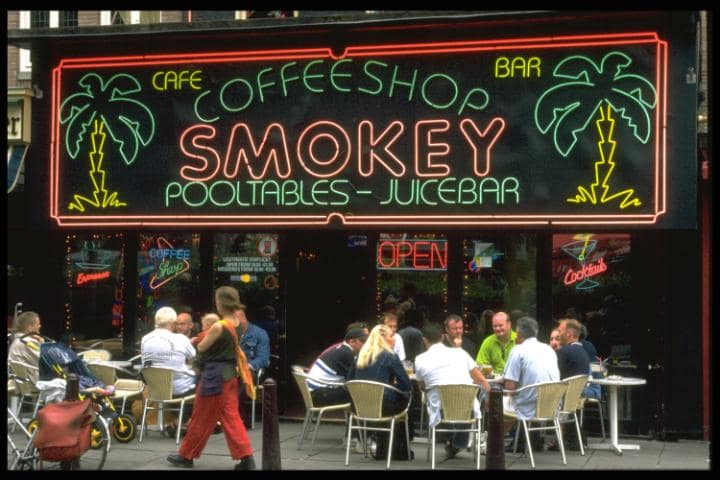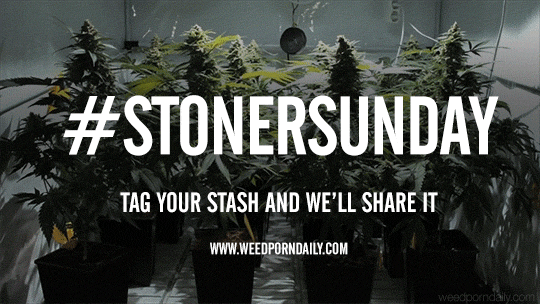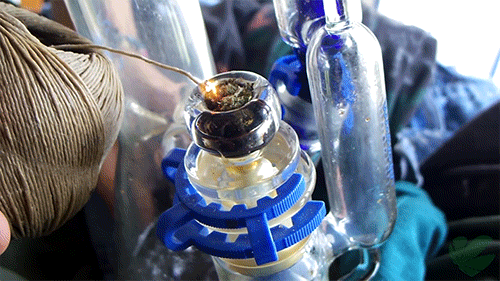(Telegraph) “Mellow Yellow was the first coffeeshop in the world and now they want to close it,” says owner, Johnny Petram. But now Mellow Yellow looks set to be history as the mayor, Eberhard van der Laan, oversees the final phase of a government-backed programme to shut down any coffeeshop within 250m of a school. Mellow Yellow is one of 28 establishments to be affected by the initiative, which is allegedly aimed at deterring youngsters from taking up cannabis. Mr Petram, 33, has hired a lawyer to help him fight the closure of Mellow Yellow. His main line of defence is that the nearby school is actually a hairdressing academy for fee-paying students, most of whom are 18 years old. Acting with unusual candour, the mayor’s office told Telegraph Travel that it doesn’t believe closing coffeeshops will stop young people from taking up cannabis. However, it is pushing the directive through as part of a deal with the national government that will exempt Amsterdam from enforcing the so-called Weed Pass, which prohibits non-Dutch nationals from visiting coffeeshops. The Weed Pass has already been rolled out in other parts of the Netherlands, but Amsterdam has hitherto resisted the scheme, claiming it would lead to an explosion in street dealing. There is one point that all sides can agree on: that half of Amsterdam’s coffeeshops have closed in the last two decades. Back in the Nineties there were as many as 350 of the cafes scattered around the city, today there are just 175. Some have closed naturally, others have been forced to fold because their owners violated the strict rules governing coffeeshops. Most of the recent closures, however, are down to local policy; in addition to the “school rule”, the city hall council has also pushed through a programme to "clean up" the red light district, forcing a further 22 coffeeshops to close. The local government made its case for gentrifying the red light district to Telegraph Travel. “We had an enormous amount of coffeeshops, sex shops and brothels in the area and we wanted to make it more diverse and more attractive to a broader public,” says Mr Karman. “We wanted to create a better balance.” Though considered a form of lowbrow entertainment by some, coffeeshops play a vital role in Dutch tourism: according to city hall figures, 25-30 per cent of tourists in Amsterdam visit a coffeeshop.
Cannabis News Weeducation
Why are Amsterdam's cannabis 'coffee shops' closing?
on January 3rd, 2017


